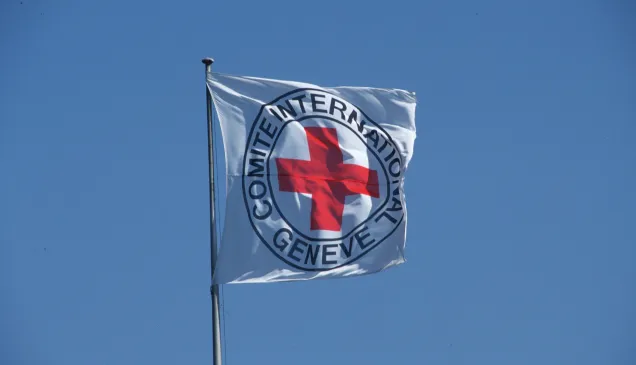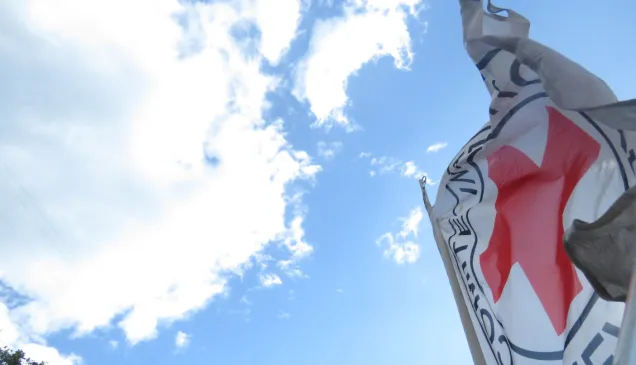150 years of humanitarian action
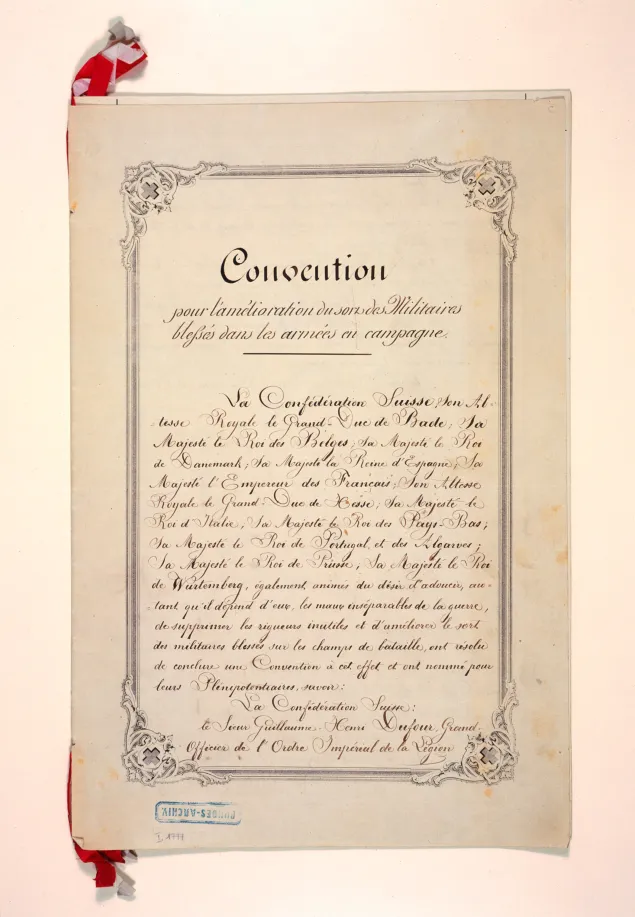
Moved by his experiences at the Battle of Solferino, Henry Dunant takes the first steps towards setting up the ICRC. The original Geneva Convetion enshrines the obligation to spare and protect wounded soldiers and the people and equipment involved in their care, no matter what side they are on.
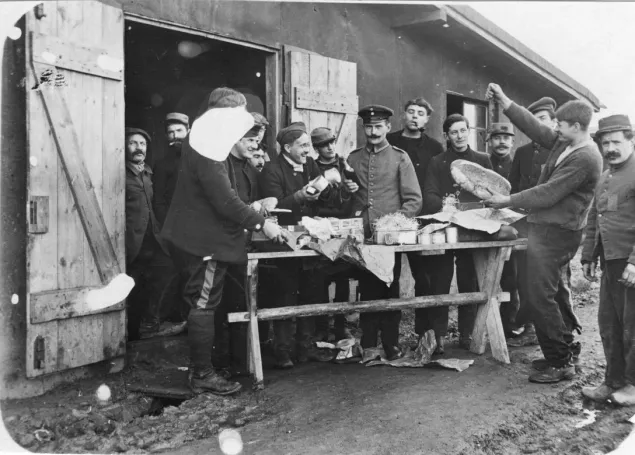
1914-1918: First World War
The ICRC sets up a tracing agency that lets families and loved ones send messages and parcels to prisoners of war.
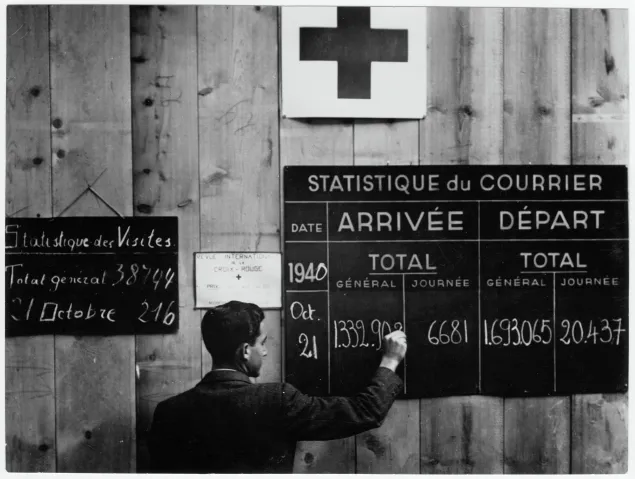
1939-1945 : Second World War
The ICRC reaches thousands during the war, but fails to protect the millions who died in Nazi concentration camps.
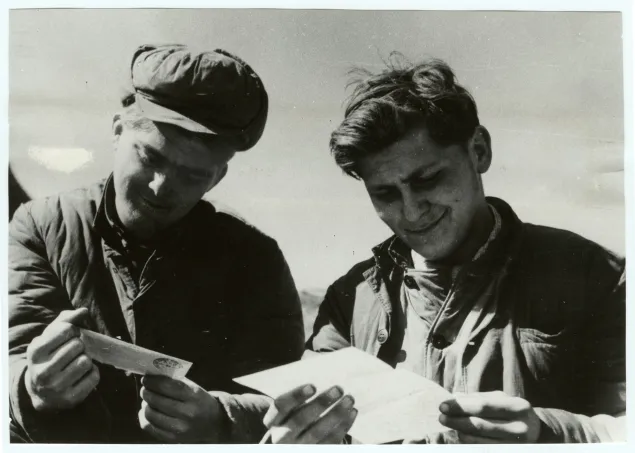
1950-1953: Korean War
The Korean War is fought under the shadow of nuclear weapons at the start of the Cold War.
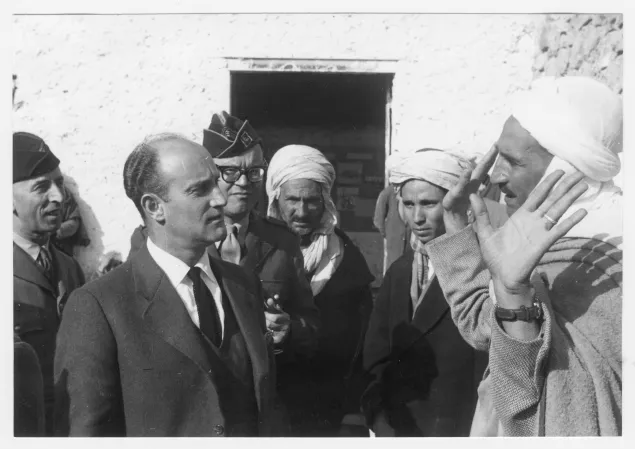
1954-1962: Algerian War
The ICRC is recognized by both parties to the conflict, enabling the organization to help soldiers and civilians throughout the war and for two years after Algeria's independence.
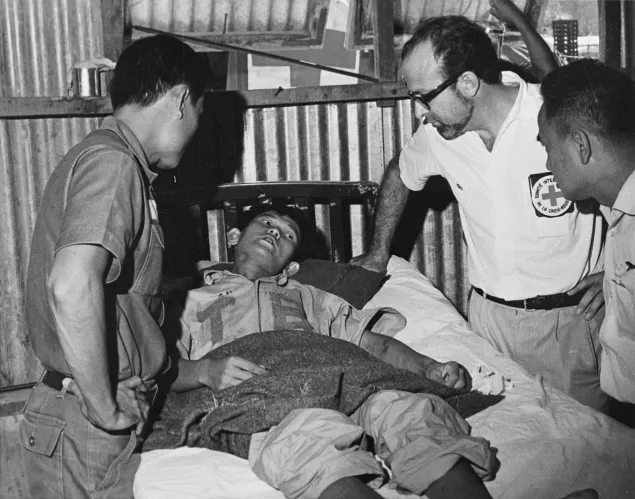
1964-1980s: Vietnam War
The ICRC helps South-East Asian refugees after 1980, but during the conflict the organization's activities are hampered by both sides. In Cambodia, the ICRC reaches more vulnerable people after the fail of the Khmer Rouge.
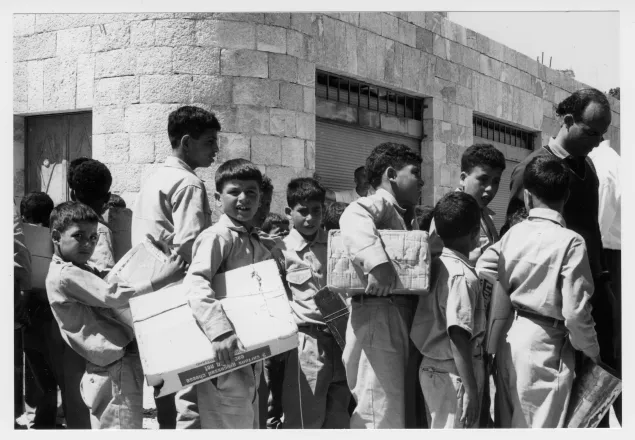
1967: Six-Day War
This short war marks the beginning of the ICRC's permanent presence in the Middle-East.
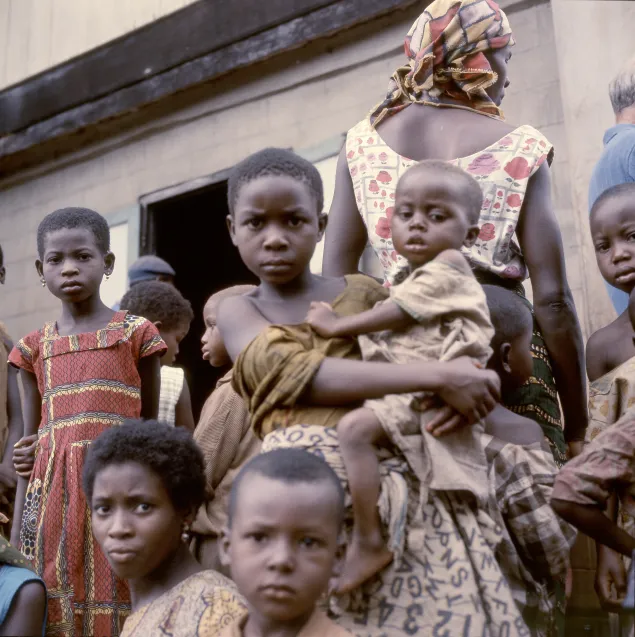
1968-1970: Biafra
As civil war rages, the ICRC sets up an air bridge to bring food and other relief supplies to the most vulnerable people, especially children.
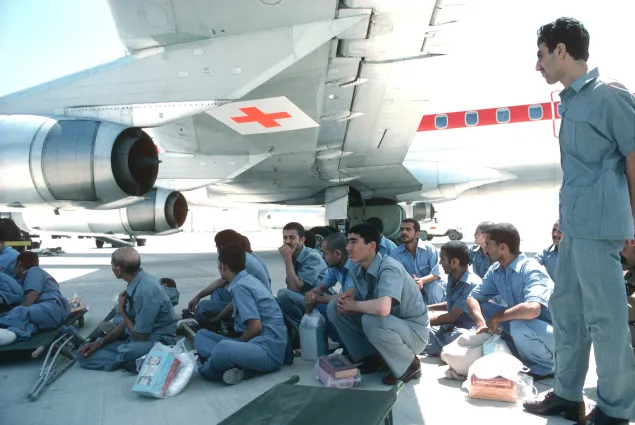
1980-1988: Iran-Iraq War
The ICRC helps prisoners on both sides of the conflict.
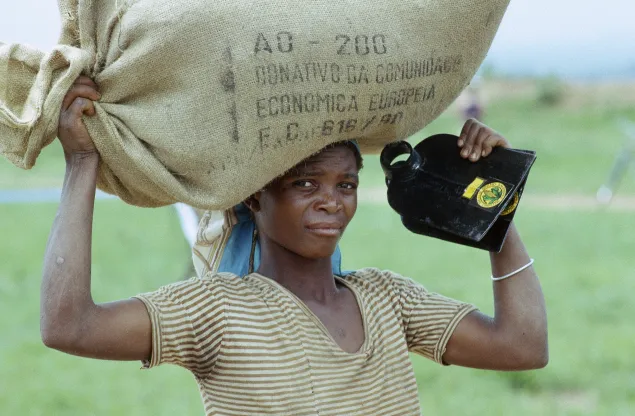
1991: Faced with new conflicts
The fall of the Eastern Bloc, extreme violence in West Africa, and the Gulf War pose new challenges for the ICRC.
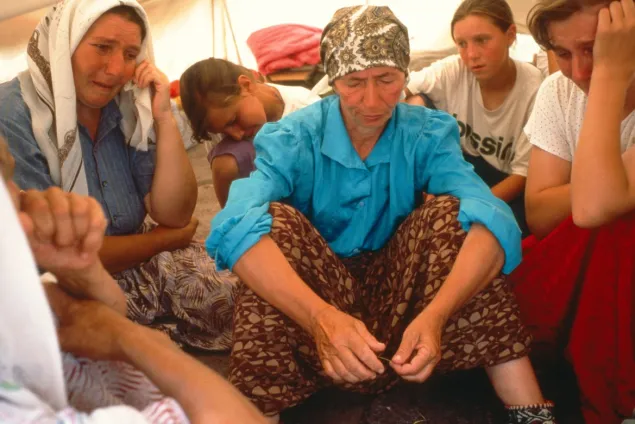
1992-1995: Bosnian War
In the days after the fall of Srebrenica, civilians fleeing the city start to arrive in Tuzla. Despite the danger, ICRC employees spend the next two weeks scouring the countryside to pick up those who can no longer walk to bring them to safety.
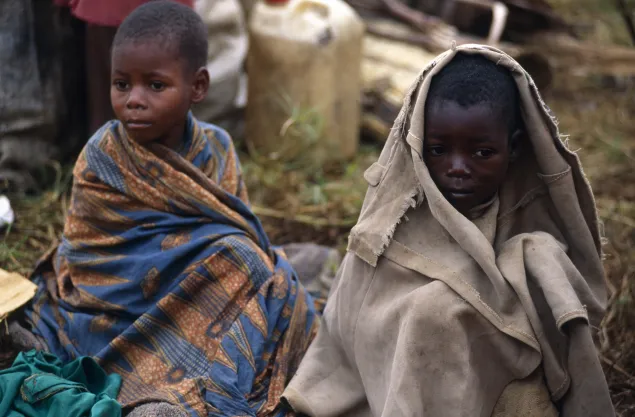
1994: Rwandan Genocide
The ICRC tries to protect people and brings as much aid as possible to the thousands displaced by the massacres.
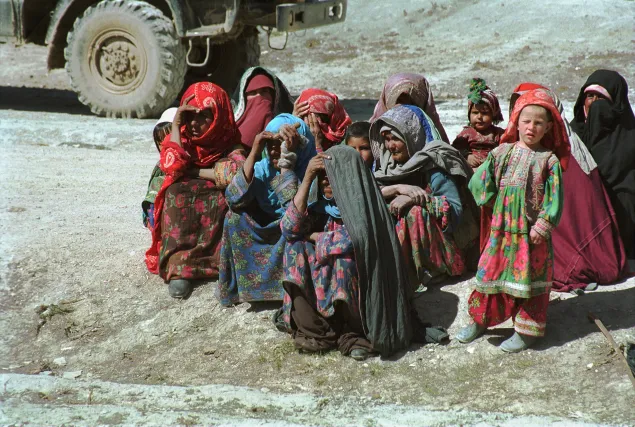
2001: The fight against terrorism
New challenges arise for the ICRC following the 11 September attacks and the US invasions of Afghanistan and Iraq.
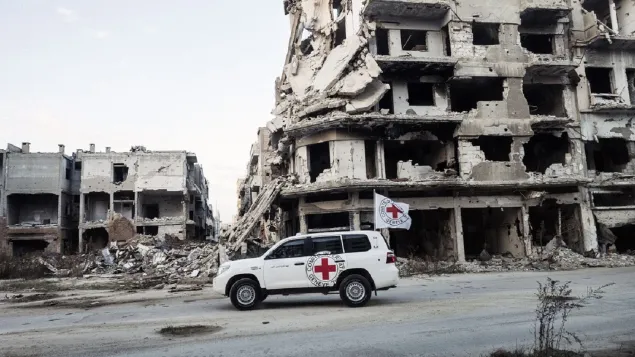
2011: Syrian Civil War
After years of civil war, millions have fled their homes or sought refuge across the border, and much of the country has been reducted to rubble. But working alongside the Syrian Arab Red Crescent, the ICRC has access to areas other humanitarian organizations cannot go.
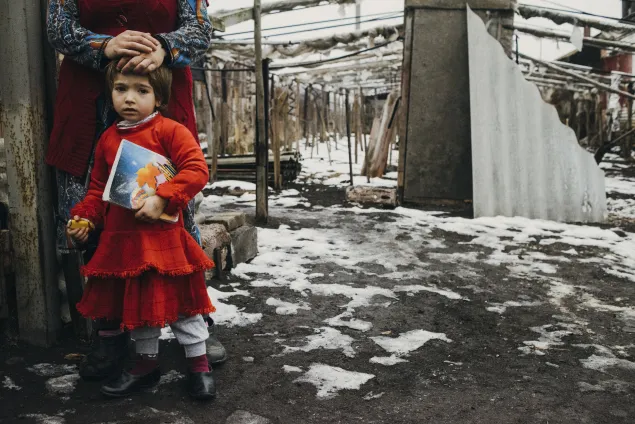
2014: Urkaine Crisis
Since the start of the fighting, the ICRC maintains a dialogue with the Ukrainian authorities to respond quickly to issues of humanitarian concern and support the first-aid work of the Ukrainian Red Cross.


